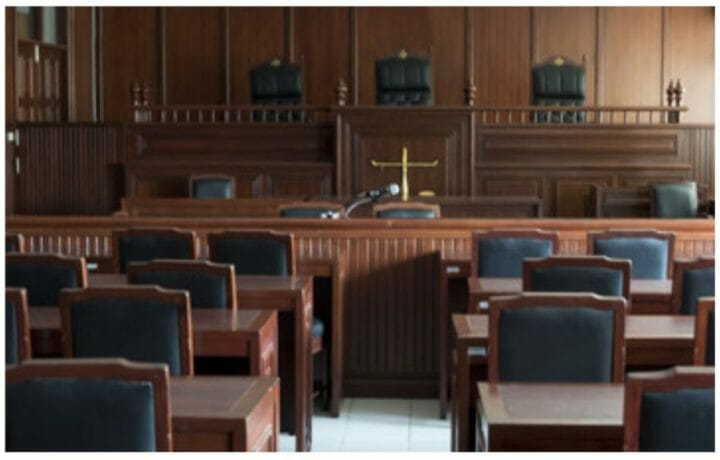Here’s your weekly DOHA dose – a shot of security clearance appeal cases and their outcome. The Defense Office of Hearings and Appeals releases the results of their security clearance appeals cases. They’re one of the best insights into which clearance cases are granted or denied in the Department of Defense.
We love second chances. Comeback kids. The down and outer who comes from the loser’s bench to win the big prize. When it comes to security clearance determinations, you do get something like a second chance – that’s what the entire security clearance appeals process with DOHA is about.
Reading through the appeal decisions, however, and you’re quickly reminded that while each case represents a second chance, you’d better know your facts. Administrative procedures often play a central role in a number of appeals. And, unfortunately for applicants and clearance holders, attempts to argue using due process defenses rarely work (DOHA has its ducks in a row!).
True or False: If you submit a written reply to a denial, you can also request an in-person hearing.
When an applicant is provided with a Statement of Reasons indicating their security clearance will be denied, they have several options for appealing the decision. The most basic question is whether to ask for a hearing, or to have the case decided based on the written record. Advice on sites including ClearanceJobs generally always advises applicants to take advantage of the hearing option, and depending upon the case and the importance of the job to the applicant, it will likely be wise to invest in legal counsel, as well.
For a recent case, the applicant failed to request a hearing and had the case decided based on the written record. That didn’t turn out in his favor. Regret set in. He then appealed that decision, largely arguing that he regretted not having his case remanded for a hearing. Unfortunately, the role of the DOHA appeal board is not to make amends for a candidate’s regrets and mistakes – particularly procedural ones.
The applicant in this case was denied a clearance due to alcohol consumption and criminal conduct issues (DUIs, perhaps?) – the particulars of the case were not unpacked on the appeal, because the board could only consider factual or legal error – the evidence needed to be presented during the written appeal. The reason the applicant said he declined the in person decision was because he didn’t want to travel to Washington, D.C. for the hearing. The board pointed out that it’s clear in the denial that applicants are able to attend an in-person hearing within 150 miles of the applicant OR take advantage of Video Teleconferencing options.
False: If you’ve submitted a written response to your SOR, you’ve waved your right to a trial – UNLESS you’re arguing a legal error in the court’s decision based on the written response.
You may want to submit a second chance to plead your security clearance case, but it’s important to remember that when you receive your SOR – that’s your second chance. Carefully consider the reasons for the security clearance denial, and what it will take to mitigate those issues. A written response is generally only a good option if the reasons for the denial are straightforward and easily refuted with information you failed to properly provide in your application. In almost all cases, a hearing is a better option – particularly with VTC making it possible to plead your case whether you’re home or deployed, in Oklahoma or Vienna. Whatever you decide, you need to know your response to the SOR stands – if you take one option or the other, you can’t change your mind if your appeal fails.
“Absent a showing of factual or legal error that affects a party’s right to present evidence in the proceeding below, a party does not have the right to have a second chance at presenting his or her case before an administrative judge,” the DOHA appeal notes.




